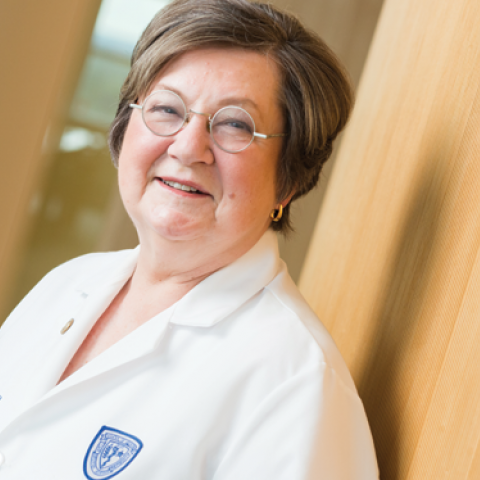This weekend saw the wide publication of the good news that for 2017, the death rate from cancer actually fell. There was double good news because one of the most deadly cancers – cancer of the lung – led the decline.
New insights into the commonalities inherent in cancers that are more determined by the genetics of the tumor than by the location of the primary tumor have broadened the indications for some of the newer checkpoint inhibitor drugs. These drugs have extended good life for many individuals with lung cancer and other solid tumors. Immunotherapy now actually kills off cancers, especially liquid cancers, but is beginning to be tested with success in solid tumors. The new treatments are exciting and revolutionary, and usher in the era of personalized treatment for cancers. We celebrate the researchers who discovered them, the clinical researchers who defined their use for patients, and the physicians who apply them appropriately! Congratulations to the members of our Case Comprehensive Cancer Center (Case CCC), who participate in all of these successes!
However, that is not all that the members of the Case CCC do to reduce deaths from cancer. Early diagnosis and treatment also prevent premature death. So our investigators, led by Sandy Markowitz, who developed new methods for screening for colon cancer that are less invasive and more easily accomplished, have probably saved many lives simply by facilitating the discovery of the tumors, which are curable at an early stage but not once they have spread. Our GI cancer group, led by Sandy, Amitabh Chak and Joe Willis, has recently developed an easier method of sampling the esophagus to detect the early changes that might progress to cancer. And recently Dr. Monica Webb Hooper obtained an important partnership grant from Bristol-Myers Squibb to perform radiologic screening in the at-risk Cleveland urban population and utilize artificial intelligence analysis to recognize lung cancers at the very earliest stages. At the early stages, cure can be achieved. Once the cancer has spread it is much more difficult.
But near and dear to the heart of all cancer researchers is our ability to prevent cancer in the first place. Vaccination against human papilloma virus (HPV), when our children are adolescents, has great promise to prevent most cervical cancers and many head and neck tumors as well. The Case CCC made a real campaign and more than doubled the vaccination rates in the Cleveland area. Smoking prevention or cessation is one of the most potent ways to prevent cancers of many types, as smoking is a risk factor for so many tumors. Newer drugs and nicotine withdrawal aids have enhanced our ability to help patients quit, and Dr. Webb Hooper has developed special programs aimed at the urban population to encourage cessation. We have identified lifestyle issues that appear to be important for cancer development, recurrence, or progression. Healthy weight, sleep habits, sun exposure, and dietary preferences can profoundly influence the probability that cancers will develop or progress.
There are few things more satisfying in biomedicine than saving lives. The substantial reduction in death rate from cancer – 2.2% between 2017 and 2016 – is cause for great celebration. I am incredibly proud of our cancer researchers who help define the underlying biology, develop the drugs to treat it, attend to early diagnosis, and implement approaches to prevention. We are a power in this great result. But these data must also inspire redoubled efforts, for they show that control of cancer IS possible. The basic science underlying must continue, and clinical implementation of the resulting drugs must be supported. We must prevent cancer where possible and detect it early if we cannot prevent it. Congratulations to the Case CCC under the brilliant direction of Stan Gerson; keep up the great work!
Pam


